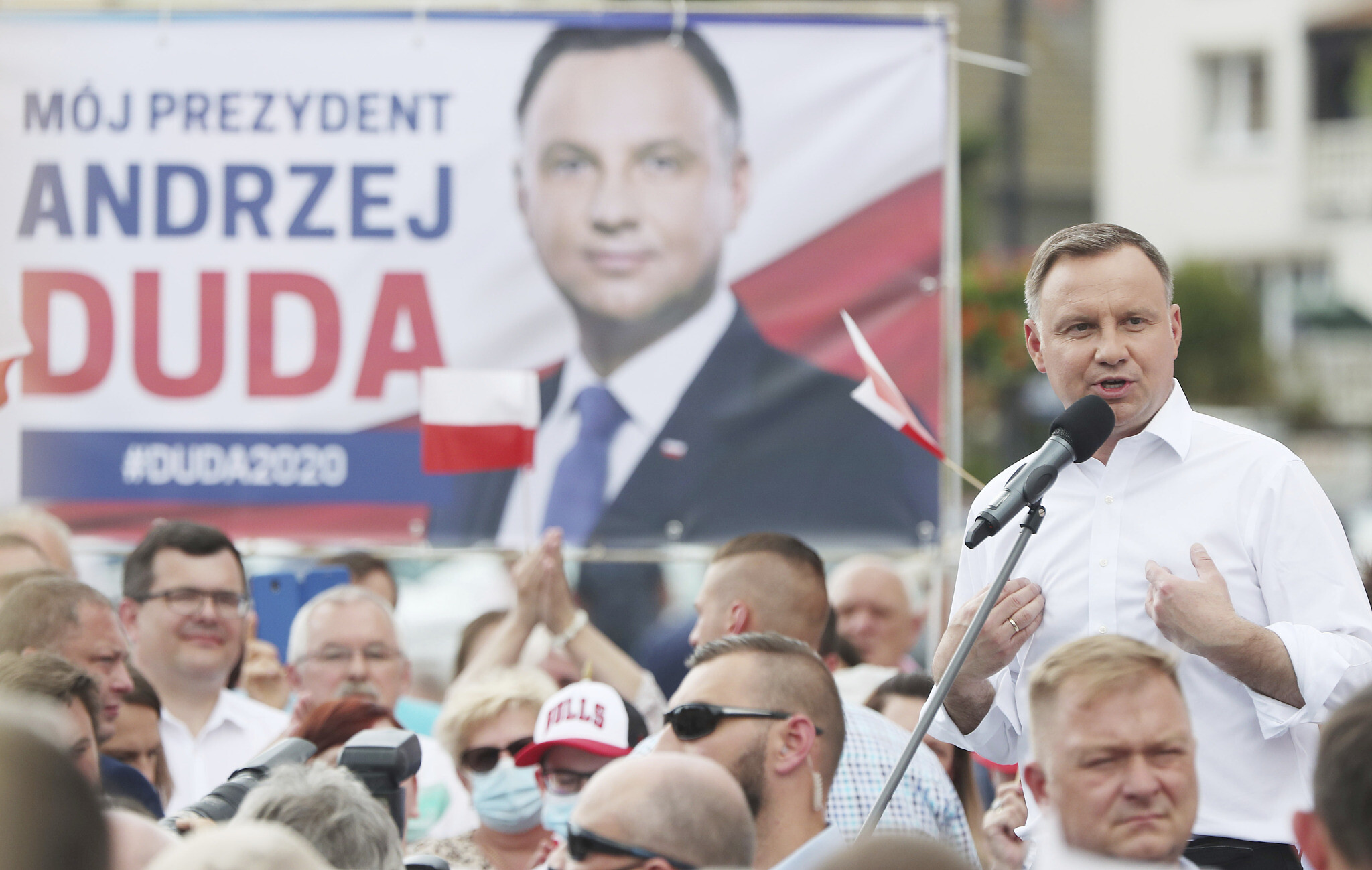
European Populism is a Backlash to Universalism
The identity politics that is roiling Eastern Europe today in many aspects represents a delayed backlash against the several decades of identity-denial politics, which began in 1989. Overheated particularism is a natural reaction to an overselling of the innocence of universalism. This is why populists everywhere disparage universalism as the particularism of the rich.
The initial eagerness of the formerly-captive nations to join the liberal West in 1989 stemmed at least as much from nationalist resentment at Moscow’s 40-year hegemony as from a deep-seated commitment to liberal values and institutions. The slogan of Poland’s anti-communist movement before 1989 had been wolność i niezależność (freedom and independence), the latter referring to independence from Moscow.
Unlike in Western Europe in 1945, in Eastern Europe in 1989 nationalists were not the defeated party but part of the coalition that had overthrown communists. The interesting question is not why nationalism has come back, but where it was hiding in the 1990s and the early 2000s.
